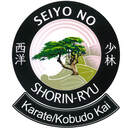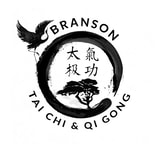|
Knowing your past is necessary to moving towards your future.
Karate has a storied history. But, I find less martial artists truly know their roots. Shorin Ryu is an ancient Okinawan art. If you don't know much about Okinawa, karate or its history, this video provides a good foundation. It's amazing to learn that the same art we practice today shares deep roots with karate masters of the past. I hope you enjoy this video as much as I did: http://youtu.be/s83yIq4O5Sw If you enjoyed the video you may also enjoy seeing the lineage of our Seiyo No Shorin-Ryu organization. http://www.malineage.com/martial-artists/Vashon-Borich?section=lineage If you are compelled, sign up on malineage.com (it's free) and add your name to the lineage tree. The tracks each of us make may one day be a legacy. Honor your roots and make a difference in the future.
0 Comments
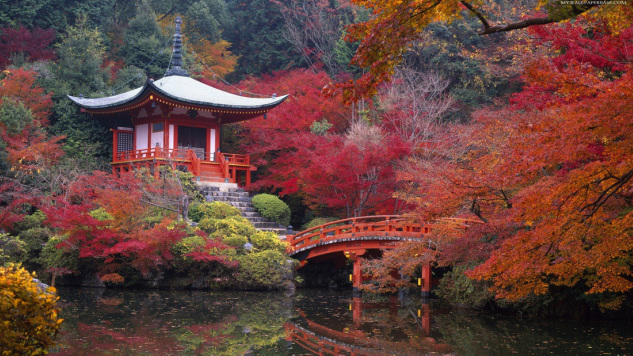 In today's martial art world, it seems the type of arts that get the most attention are the sports schools like MMA (Mixed Martial Arts), Tae Kwon Do and JuJitsu schools. I have found that although many of these schools have students (and instructors) that are technically and athletically quite good, it saddens me to see some of them have lost the essence of the martial way. I realize this isn't all martial arts schools, but I have seen a trend that has lead many martial artists away from the true meaning of karate do. The Martial Way, also called Budo, means "knowledge as a way to improve ones life and the life of others." Budo is a way of living and a way of dying. Let's look back to ancient Samurai warriors, they lived a dangerous life in which they were very aware that each day could be their last. Death was always in mind, day and night, with the understanding that with their great skill and importance as protectors of their community that they had a great responsibility. They lived each day as if it were their last day. Like the knights of the renaissance period, Samurai's followed a code of moral principals. This code of conduct or way of Samurai life was called Bushido or "the way of the warrior." Bushido tampered the violent existence of the Samurai warrior with wisdom and serenity. This code, is often unwritten and passed on verbally to be recorded on one's heart as a moral compass for living life. As a martial artist of today, I believe Bushido is still a vital part of our training. We are learning techniques that could severely injure, maim or even kill another human life. Without a strong moral compass to guide us, we risk being a danger to society. I believe that Bushido should still be taught in all martial arts schools. I feel so strongly on this that I believe students who do not exhibit the moral compass of Budo in their life should be restricted on what training they receive in the martial arts. The last thing an instructor wants to hear is that a student has become a trained bully or worse, a trained killer. If you aren't familiar with Bushido, here are the seven tenets that most martial arts circles believe were used by the Samurai: 1. Justice / Rectitude / Right Decision 2. Bravery / Courage 3. Benevolence/ Charity 4. Respect/ Courtesy 5. Honesty 6. Loyalty / Faithful / Devoted 7. Filial Piety (respect for your parents and ancestors) I believe it is our duty, as martial artists, to ensure the Budo code isn't forgotten. We should do this not just with words, but through living out the tenets and traveling the Martial Way. 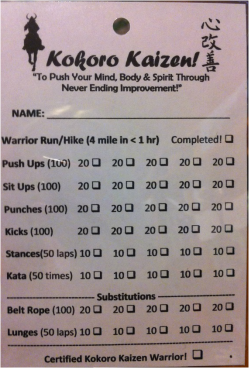 The Punch Card of challenges. The morning began earlier than most people choose to wake up on a Saturday morning. But these were no ordinary people. These were Kokoro Kaizen warriors. And, by 7 a.m. they were at my doorstep suited up and ready to push themselves to their limit in a morning full of challenges. After some warm-up stretches we were off to run/hike close to 4 miles on rugged terrain and up steep hills. I hoped my warriors were up for the challenge. Some ran, some walked and one even limped to the finish, but all of them completed the first challenge. Without much time to fully catch their breaths, we launched into a circuit of strenuous exercises that tested their mental fortitude, physical strength and tenacity. Dangling from a ribbon around their necks was a daunting punch card of exercises. Each exercise must be completed 50 to 100 times before the day was done. There were moments of frustration, exhaustion and even one who had to pause to empty the contents of his breakfast. But everyone pushed themselves to their limit. They impressed me with their spirit. They performed with the strength and passion of Samurai Warriors. Through sweat, grit and dirt they pressed on. By 11 a.m. everyone had completed their punch card and was certified as a Kokoro Kaizen warrior. We completed the day with a swim in the lake and a BBQ feast. Right now, I am beaming with pride for my students. I can't think of a better way to have celebrated our dojo's two-year anniversary. Thank you to all who came out. And, thank you to the parents, siblings and friends who helped with the event. I am honored to have such a great group. ~ Vashon Borich, Sensei You can view more photos from the 2012 Kokoro Kaizen celebration here: https://www.facebook.com/media/set/?set=a.492194880791920.118980.255052444506166& 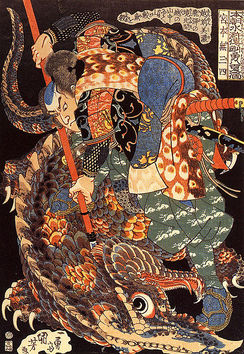 Have you ever been pushed to your limit? I'm not talking about being tired from a hard work out or being mentally drained from a challenging day. I'm talking about mentally, physically and spiritually just barely hanging on. Perhaps you have been in a situation where you found yourself out of breath, heart pounding, body aching, bruised, bloodied and barely standing. It's a point where you are so worn out that it takes every ounce of mental energy to focus on moving one foot in front of the other. Step by step you move, inching yourself forward with a determination to never give up even though you are completely tapped out. If you have ever been there, then you are one of very few people who have. Rarely do we push ourselves to our limit. “We know that human beings are very kind to themselves and are living as easily as they can. In this kind of situation we only maintain what we have, and the only way to obtain something new is to push ourselves strongly forward. The purpose of practicing karate is to develop physical and mental strength by putting ourselves into hardship. We're all capable of so much more than we apply ourselves to, but in order to actualize that potential, we have to constantly test our limits.” ~ Tom Callos With this in mind, I am hosting a special challenge that coincides with a celebration. The challenge is called Kokoro Kaizen (more on this in a bit). The celebration is the two-year anniversary of the Branson branch of Seiyo-no Shorin-ryu Karate & Kobudo. Our dojo, at the Branson Sports Club, first opened it's doors on Aug. 28, 2010!
We will host our anniversary challenge/celebration on Saturday, Aug. 25th at Sensei Borich's home. For those of you who haven't been to Sensei's home, she lives on a little acreage surrounded by woods, hiking trails and a path down to the lake. It will be a nice setting for the challenge and celebration. What does Kokoro Kaizen mean? Kokoro is a Japanese word that represents mind, heart and spirit. In the Japanese culture, there is no distinction between the three. Similar to the Father, Son and Holy Spirit in Christianity, they are different, but still the same. In Japan, they often point to their heart when discussing kokoro as it represents the center or essence of a human being. Kaizen is a Japanese word for "improvement." Specifically, it represents a practice that focuses upon continuous improvement for the better. It's a process of continuous, gradual, orderly and never ending improvement. In karate, it means pushing yourself further each day... testing your limits. So, Kokoro Kaizen means "To improve the mind, body and spirit through never ending improvement." What will happen at Kokoro Kaizen? Kokoro Kaizen will test your limits. It's an opportunity to push yourself physically, mentally and spiritually. It is a series of challenges that all willing participants will be tasked to do. It will not be easy, but those who complete the challenges and push through their own limitations will be awarded. The event starts at 7 a.m. with group exercises and then a 4-mile run/hike. Some of the challenges that you can expect are:
For those Warriors who successfully complete Kokoro Kaizen, they will have their names emblazoned on a hand-carved hardwood Samurai totem. The Samurai totem is being crafted by Ronald Leach, Hanshi. The totem will have a permanent home in the Branson Dojo for all to see. The event will be followed by lunch and an anniversary celebration. How do I participate in Kokoro Kaizen? There are two ways to participate; as a Warrior or on the Support Squad. The Warriors will compete in the event. The Support Squad will assist with tracking participants, set up, clean up, food/water and general cheer leading. Cost to participate is by donation only. We will use the donations to start a karate scholarship fund for honorable students who could use help with purchasing equipment and karate tuition. The deadline to register is Aug. 7, 2012. Where do I get more information and register? Click here to Contact Sensei Borich. She will provide information and registration documentation. A Kokoro Kaizen warrior cannot give up. Even after he is broken, fatigued and wanting nothing more than to just give up, he must keep fighting. There may come a time when a Kokoro Kaizen warrior won't have the luxury to quit fighting, because lives may depend on it. Honor, is an interesting word. If you look it up in the dictionary, It means many things. However, the definition that comes closest to how I view honor is through the word integrity. Integrity is a firm adherence to a code of especially moral or artistic values. A quality or state of being complete or undivided... Completeness, incorruptibility, soundness.
Temptation can lead to a compromise of integrity and honor. A person of honor has good character, decency, goodness, honesty, morality, rectitude, righteousness, rightness and virtue. A person who lacks honor is evil doing, immoral, unfair, exhibits iniquity, is sinful, wicked and generally has a character of wrong doing or badness. If someone is honorable, they are not disposed to cheat, defraud or deceive another human being. Living an honorable life is not something that just happens – it is something that must be carefully and continually sought after. So, what are some examples of ways to lead an honorable life?
|
AuthorVashon Borich-Leach, Sensei teaches traditional karate and tai chi in Branson, Missouri. She considers herself a life-time student of the arts. Her blog is an open journal of lessons learned in the martial arts. If you are a martial artist and would like to contribute to her blog please contact her. Archives
May 2023
Categories
All
©2012 Branson Karate & Kobudo™
|
©2010-2024 Vashon Enterprises LLC, DBA Branson Karate™
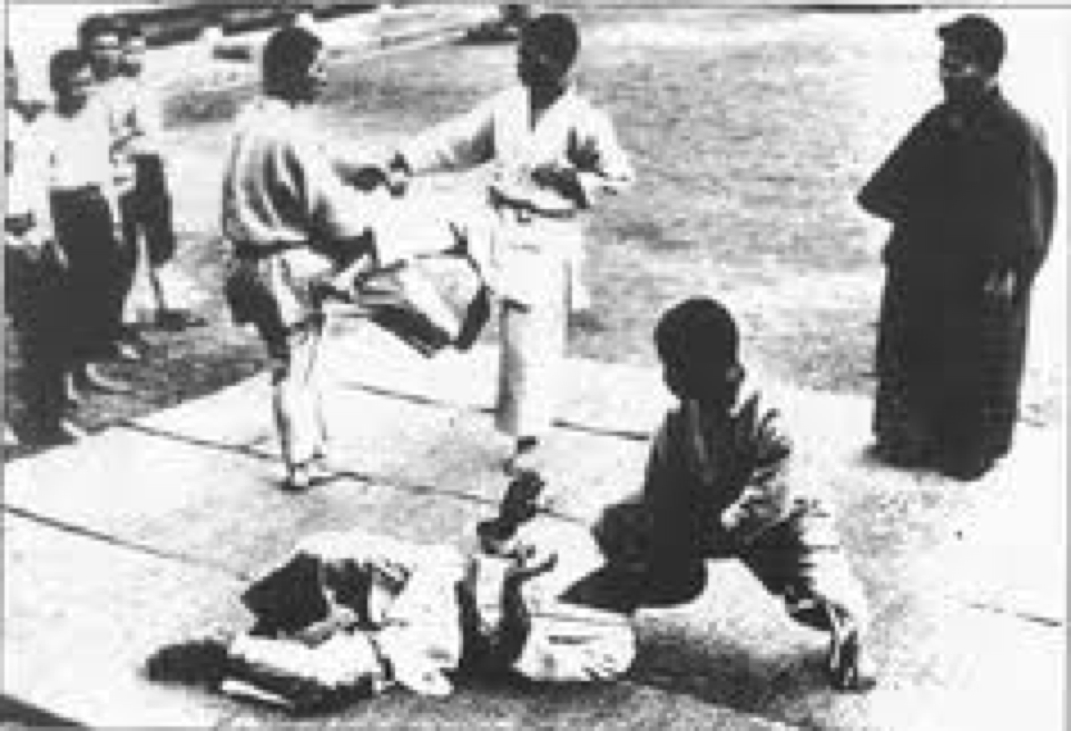
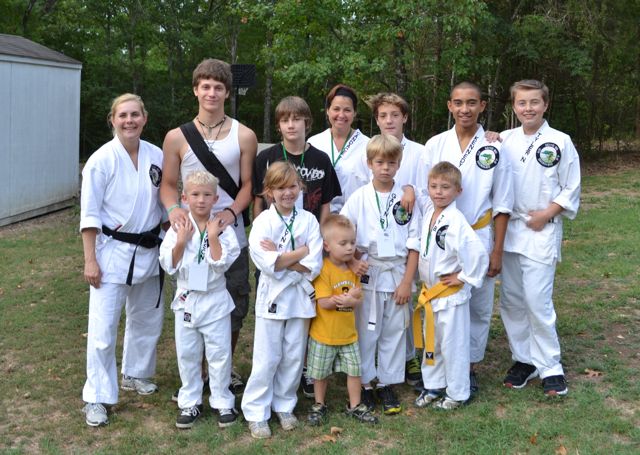
 RSS Feed
RSS Feed
